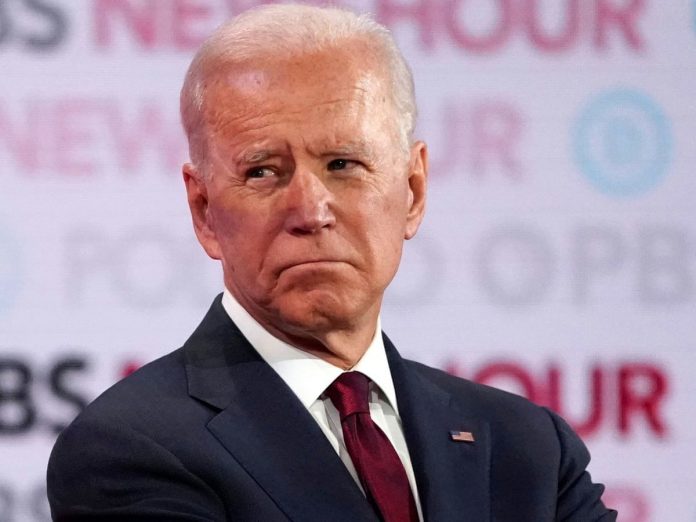A Washington federal judge ruled that the temporary U.S. ban against evictions in areas of the country most affected by the coronavirus could be continued. This is a significant victory for the Biden administration’s efforts in expanding protections as the Delta variant spreads.
U.S. District Judge Dabney Frederick rejected the pleas of two landlord groups to stop a moratorium by the Centers for Disease Control and Prevention, which was to have been in effect until October 3. This decision extends protections against eviction which expired on July 31. It was in doubt since the Supreme Court in June indicated that Congress could not continue the policy.
This ruling is the latest in a long legal battle over whether the government can protect renters from losing homes due to Covid-19. The economic disruption has cost millions of people jobs, and many property owners have lost billions in rental income.
The Biden administration said in an Aug. 6 court filing that an eviction freeze was necessary because “the trajectory of the pandemic has changed dramatically” as virus variants take hold. But tenant delinquencies in June were almost double from before the pandemic, owing about $24 billion, Moody’s Analytics estimates. Even after billions in rental assistance, landlords face a $26.6 billion shortfall, the National Apartment Association said.In June, the Supreme Court ruled in a narrow 5-4 vote that an earlier version of the moratorium issued by the CDC was legal, after it had been challenged by landlords. But Justice Brett Kavanaugh, who cast the pivotal vote, argued at the time that any extension would require legislative action.
Congress failed to act, so the earlier ban expired. The Biden administration initially expressed reluctance to continue the moratorium, given the likelihood that it would be overturned in the courts.
Many Democrats criticized this view, arguing that it was necessary to protect renters in light of the increase in Covid cases. Missouri Democrat Cori Bush slept in a sleeping bag outside the Capitol to protest the lapsed moratorium. Renter advocacy groups lobbied for the administration to take action.
The CDC issued a limited ban on Aug. 3 that only applied to the U.S. areas where the spread of the virus was most severe. According to the agency, it was trying to purchase more time to increase vaccination rates as well as allow local governments to provide funds to renters who are behind.
Although Congress has provided almost $47 billion in assistance for emergency rental, some bureaucratic delays prevented the aid from reaching people in need.
This was a calculated risk. The legal uncertainty surrounding the new moratorium was acknowledged by President Joe Biden, who told reporters that he wasn’t certain if it would stand in court.
A day after the CDC announced the moratorium, two landlord groups — the Alabama Association of Realtors and the Georgia Association of Realtors — challenged it, seizing on Kavanaugh’s argument in the Supreme Court case.
“In substance and effect, the CDC’s latest action is an extension of the same unlawful ban on evictions that has been in effect since September 2020,” the groups said in their lawsuit.
Nationally, 5.6 million renters, or 13% of the total were behind on payments in June, according to Moody’s Analytics estimates.
According to Moody’s, collectively tenants owed $24 billion in arrears. This is down from the peak of $52.6 billion in January.
While the federal moratorium covers about 90% of U.S. renters, some of the most populous cities and states have passed their own rules to prevent landlords from evicting tenants during the pandemic.








